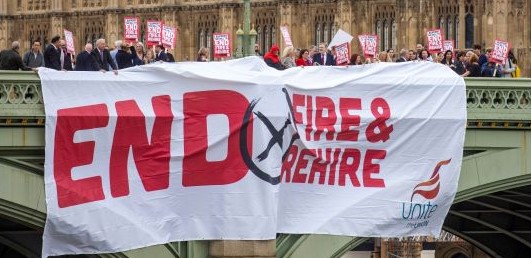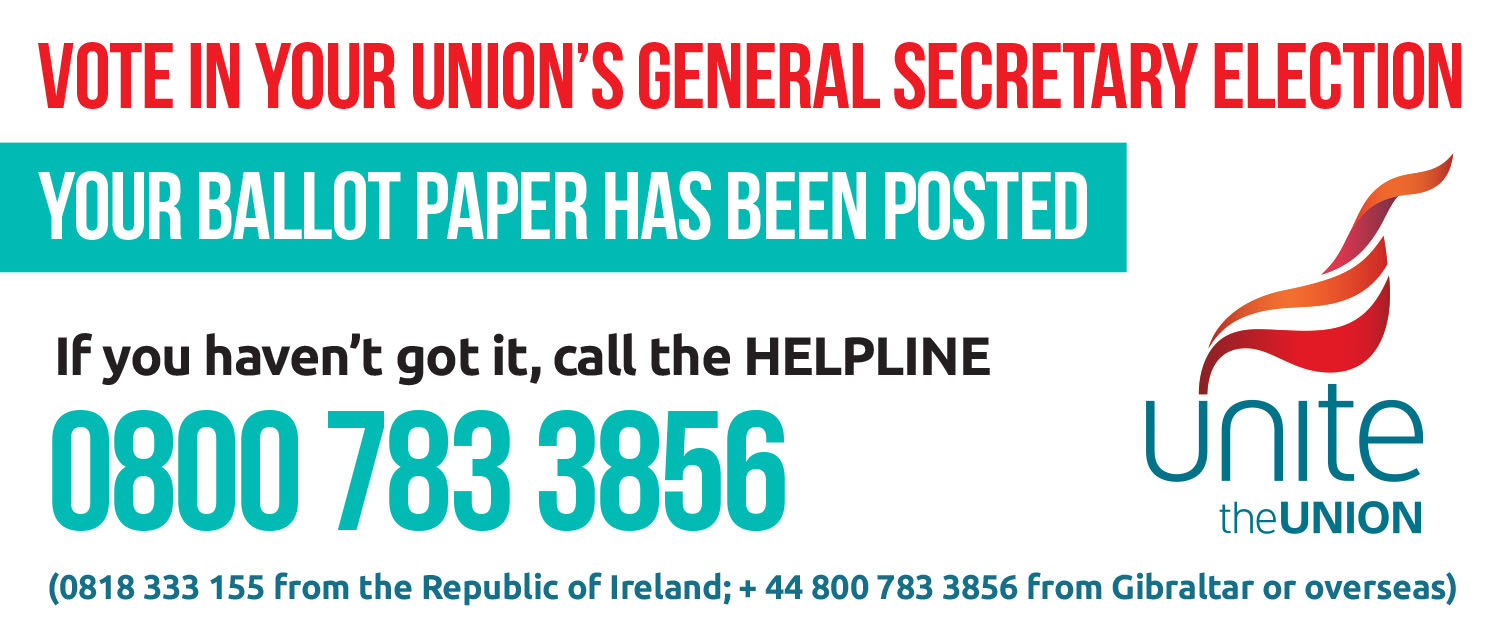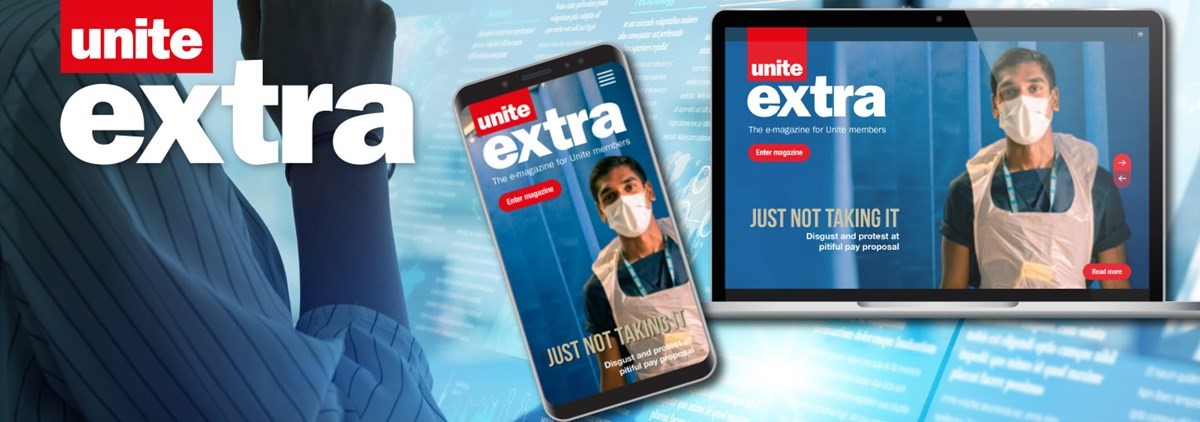Why Labour must win
A recent article in The House magazine caught my eye. Tory MP Robert Halfon, the former education minister, was reflecting on the general election outcome. You may remember Halfon as the Tory who urged his party to stop bashing the unions, which fell on deaf ears as Cameron and co went on to push through their alienating and backward-thinking Trade Union Act.
Halfon may not have had much luck with being listened to in his party, but if they have any sense, they may pause to hear him now. In fact, some in our Labour party may also want to ponder his case.
Halfon takes on the idea that the Labour manifesto was only a success because it was a transactional, not transformational, programme. That is, Jeremy and his team sought to buy the affections of the nation by providing anxious groups, such as commuters, students and parents, “freebies” – scrapping tuition fees, renationalising railways, subsidising childcare.
Not so says Mr Halfon. He cautions against taking the wrong lessons from Labour’s electoral success. Young people did not vote Labour in their droves because of its manifesto pledge to scrap tuition fees. Young people are not just voting Labour because of student loans, Halfon observed, but because it is “a noble thing to do”.
It’s difficult to argue with his view that people vote Labour with their hearts, “which is why so many young people supported them”, while people vote Conservative with “gritted teeth”. And his ponderings about why anyone would “not want to vote for a Labour party whose main mission is to help the underdog”, followed by “love to do it, because why would you not want to do that?” were quite uplifting.
Why not indeed Mr Halfon? Give it a go when this failing government, which you were so recently a member of and which has so little regard for democracy that its MPs are no longer voting on the debates of that so-called underdog-helping opposition, finally crumbles.
Insult
So I politely take issue with Bridget Phillipson, Labour MP for Houghton and South Sunderland who, in a piece for the New Statesman, effectively claimed that Jeremy Corbyn bribed the youth vote through its tuition fee promise. And I’d caution others against that line of understanding. It really is an insult, especially when you look at the recent poll which showed overwhelming public backing for the party’s platform.
That enthusiasm is palpable still, months on from the election. When out and about I encounter working people who say that they want real and decisive change, that our economic system is failing all but the fat cats, and that public services are being destroyed before our eyes.
Labour is now an unequivocally anti-austerity party, alone among UK parties. The rest of the world is now beginning to catch up with calls on the Tories for the public sector pay cap to be dropped and the punishing debts heaped on students to be lessened. Yet still the Tory ideological straightjacket prevents it from walking away from its politically-charged austerity programme.
And herein is the difference with Jeremy Corbyn. His transformative agenda is the real deal, born not out of political survival but of a passionate one, that the social ills caused by over seven years of austerity are tackled.
Yes, that means that winning power is this party’s priority. I will go further and say it is our responsibility because the only way we can transform lives and reallocate power and wealth in this country is from Number 10. But all Labour MPs have to get with the programme. Many could start by looking at whether their share of the vote went up in June when all the predictions were of electoral disaster, and if so, why?
Unalterable fact
Of course local factors are always at play but the unalterable fact is that MPs’ share of the vote went up not just because young voters or the middle class voted for hope and change – the working class did too. That has to be the case. Not every town that has witnessed the decline and closure of its mines, steel and shipbuilding industries has been followed by a significant gentrification. Nor are they teeming with students.
Let’s then have no more quibbling over the vastly more votes Labour achieved, and instead celebrate them as a result of the genuine hope Labour gave.
Some 12 million votes is a lot better than the 10 million we got in 2015 and a 40 per cent share of the vote compared to Blair’s 35 per cent in 2005 is a massive achievement.
Ultimately it was Labour’s manifesto, the manifesto that the merchants of doom said was too radical for the British electorate to vote for, along with Corbyn’s campaigning, which strengthened and united us.
And while a policy debate is of course welcome, because the manifesto is not complete and we need to build on what we have achieved, we cannot return to a time when we were getting millions fewer votes and shares of votes.
Robert Halfon may not yet be singing â€Oh Jeremy Corbyn’ but he is onto something. Let’s not take the wrong lessons from June’s vote and instead be proud that voting Labour is now universally seen as “the noble thing to do”.
 Like
Like Follow
Follow


